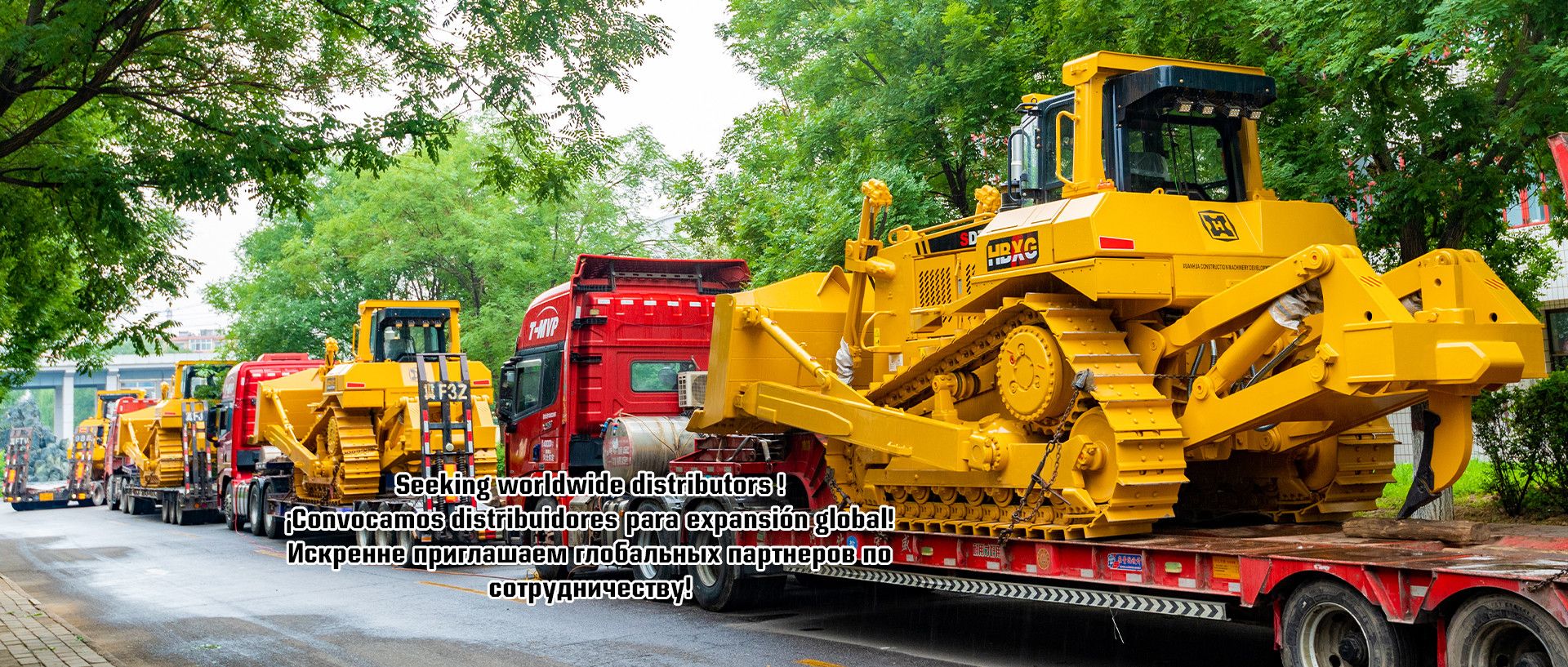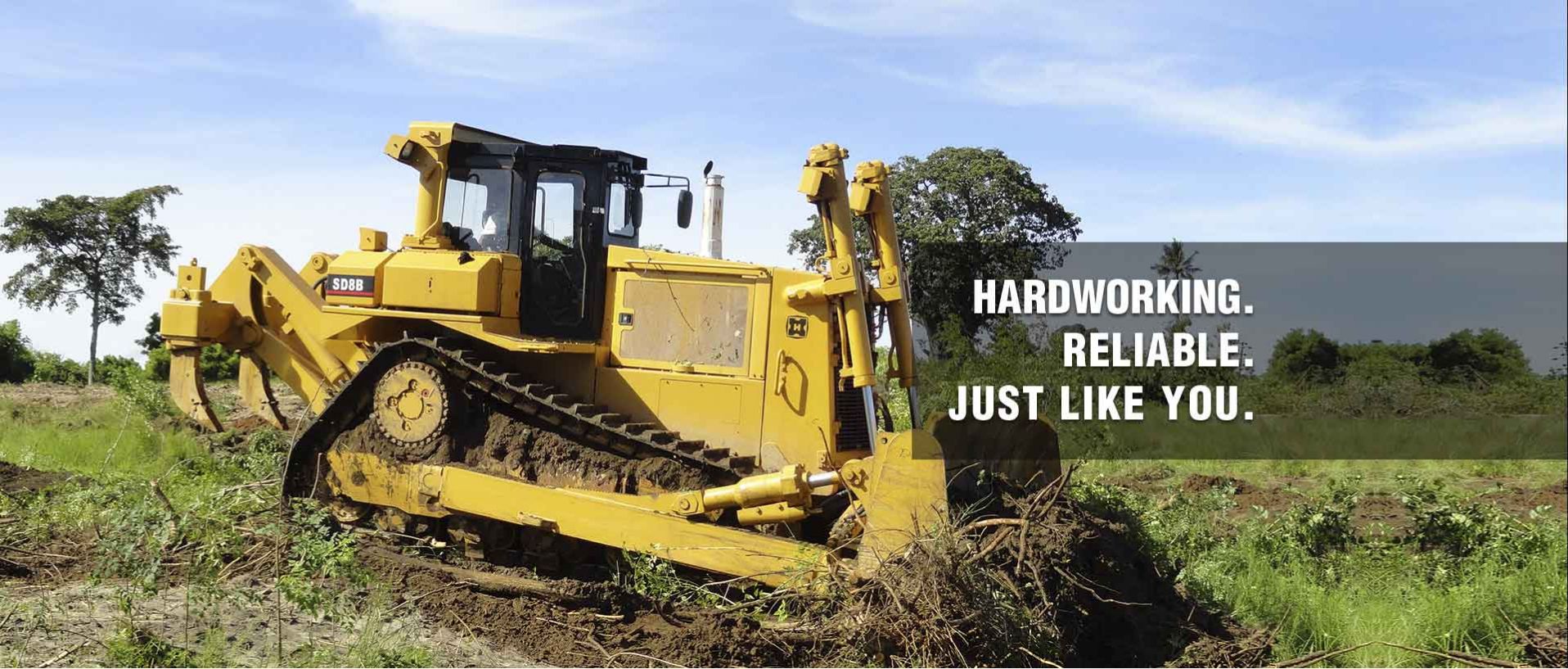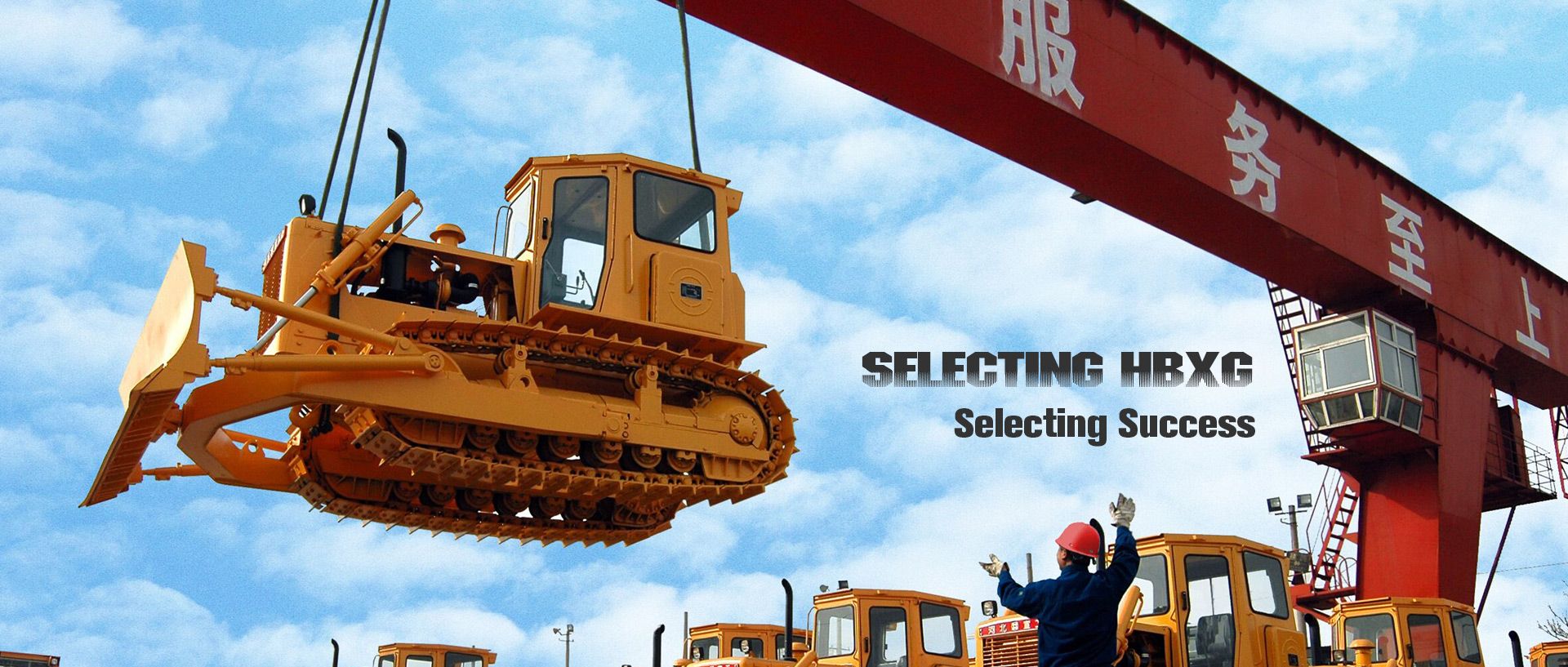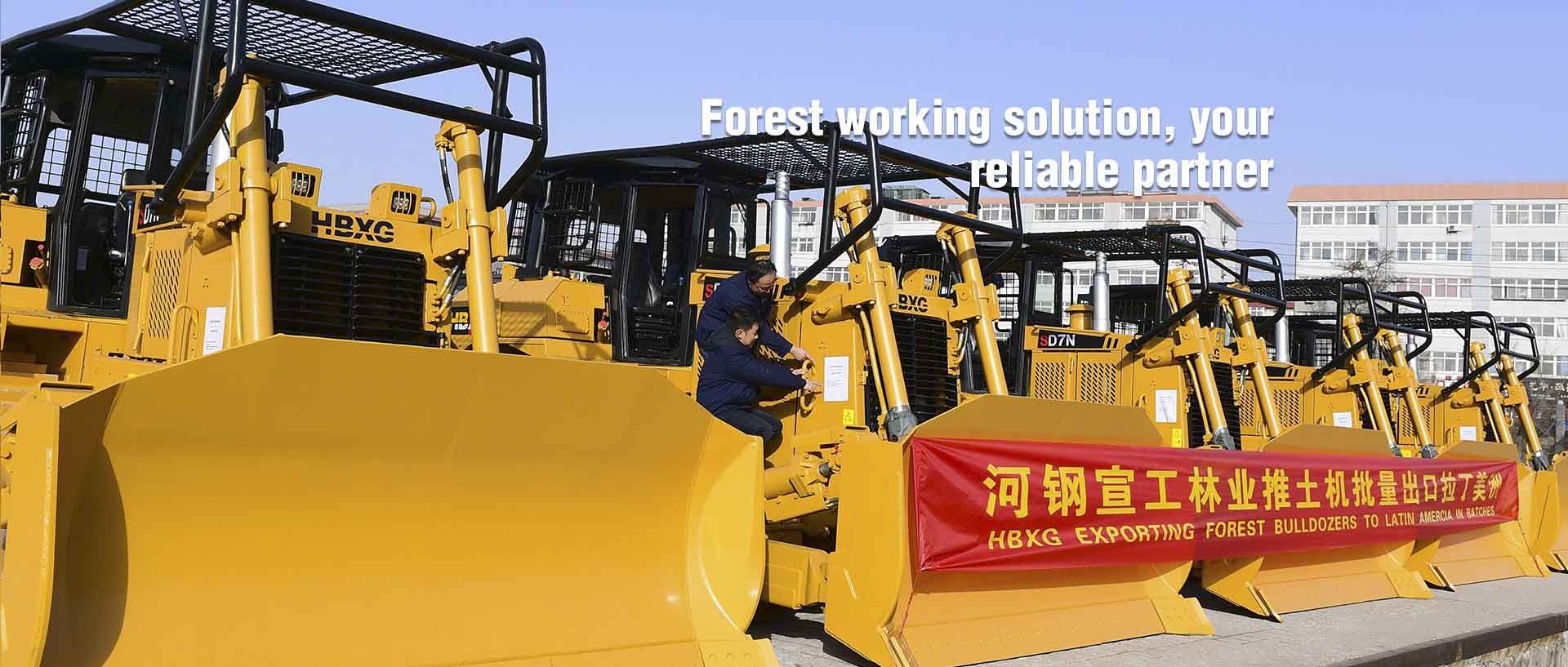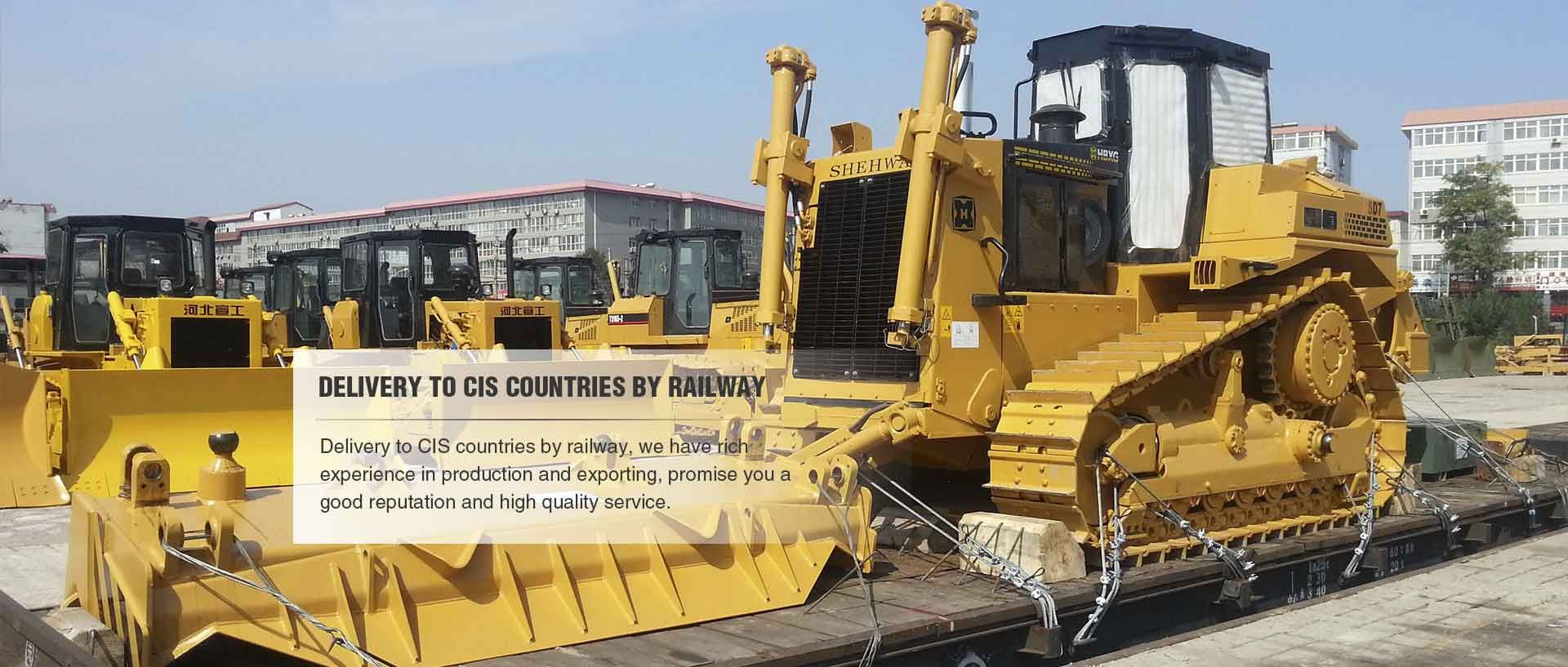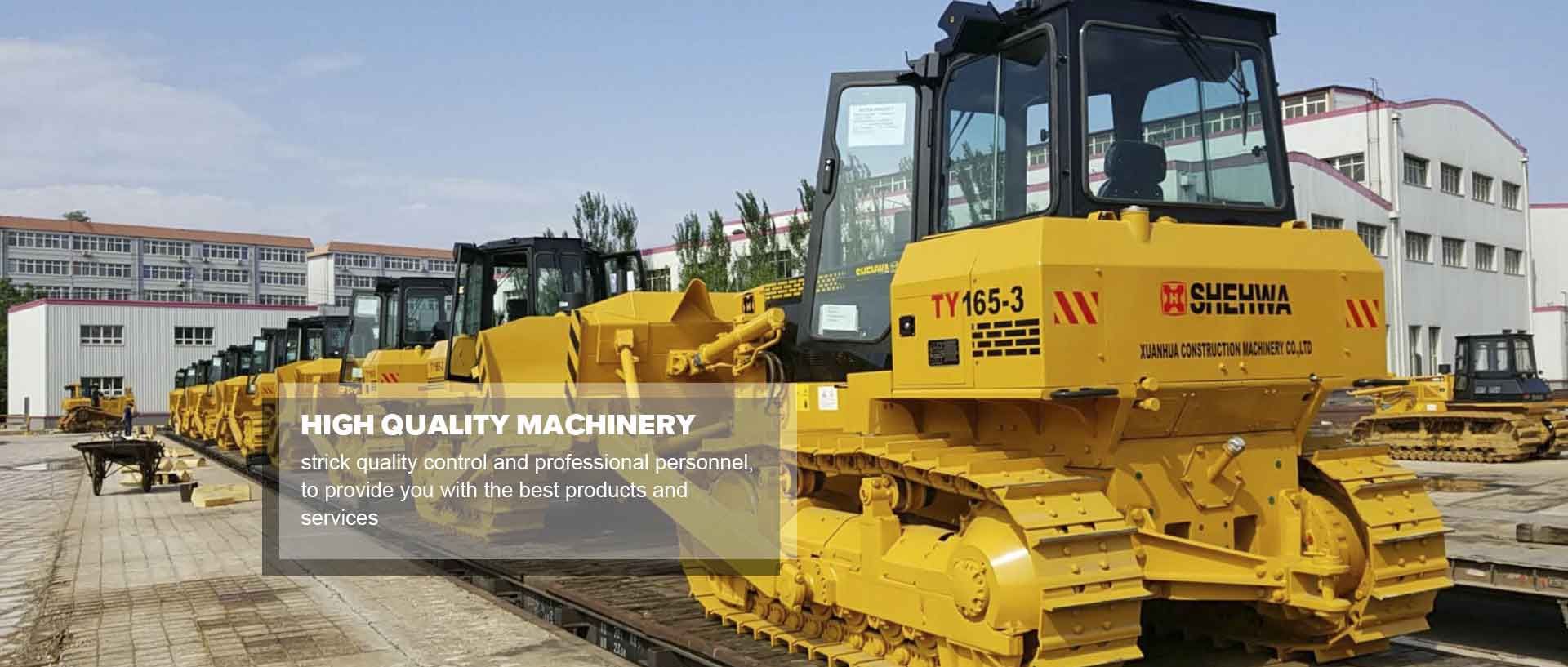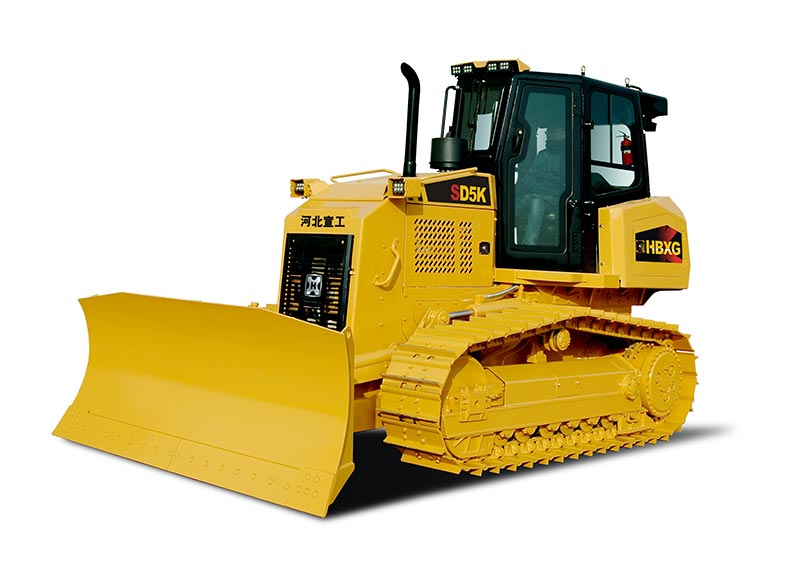Guide to Choosing Bulldozers
 May. 31, 2023
May. 31, 2023
Choosing a bulldozer requires careful consideration of various factors to ensure it meets your specific needs and performs effectively. Here's a guide to help you choose the right bulldozer:
Determine the Purpose:
Identify the primary tasks you need the bulldozer for, such as earthmoving, land clearing, grading, or construction.
Consider the size and scale of the projects you'll be working on to determine the appropriate size and power of the bulldozer.
Operating Conditions:
Assess the terrain and conditions in which the bulldozer will be operating. Consider factors such as soil type, slope, and potential obstacles.
Determine if you'll be working in a confined space or open area, as this can affect the size and maneuverability requirements of the bulldozer.
Horsepower and Engine:
Choose a bulldozer with sufficient horsepower to handle the tasks at hand. Higher horsepower typically indicates greater pushing and pulling power.
Consider the type of engine (diesel or gasoline) based on fuel efficiency, emissions regulations, and availability of fuel in your area.
Blade Type and Size:
Select the appropriate blade type based on your specific requirements. Common blade types include straight blades, U blades, and angle blades.
Consider the width and height of the blade to ensure it can handle the volume of material you need to move.
Track Type:
Evaluate the track type based on the ground conditions and terrain.
Standard tracks are suitable for general-purpose applications, while swamp tracks or low-ground-pressure tracks provide better traction on soft or uneven surfaces.
Operator Comfort and Safety:
Look for a bulldozer with a comfortable and ergonomically designed operator cabin. Features like adjustable seating, climate control, and low noise levels contribute to operator comfort and productivity.
Consider safety features such as rollover protection structures (ROPS), seat belts, and visibility enhancements to ensure the safety of the operator.
Maintenance and Serviceability:
Evaluate the ease of maintenance and access to service points. Features like easily accessible filters, lubrication points, and maintenance intervals can reduce downtime and maintenance costs.
Brand Reputation and Support:
Research different brands and consider their reputation for quality, reliability, and customer support.
Look for manufacturers or dealers who provide excellent after-sales support, warranty coverage, and readily available spare parts.
Consider Used or Rental Options:
If your usage is intermittent or you have budget constraints, consider purchasing a used bulldozer or renting one instead of buying new.
Ensure that used equipment is in good condition, has a clear maintenance history, and is inspected by a qualified technician.
Seek Expert Advice:
Consult with industry experts, contractors, or equipment specialists who can provide insights and recommendations based on your specific needs and budget.
Remember to compare different models, consider your budget constraints, and evaluate the long-term cost of ownership. By considering these factors, you can choose a bulldozer that matches your requirements, enhances productivity, and provides reliable performance for your projects.
For more information, please contact us. We will provide professional answers.















